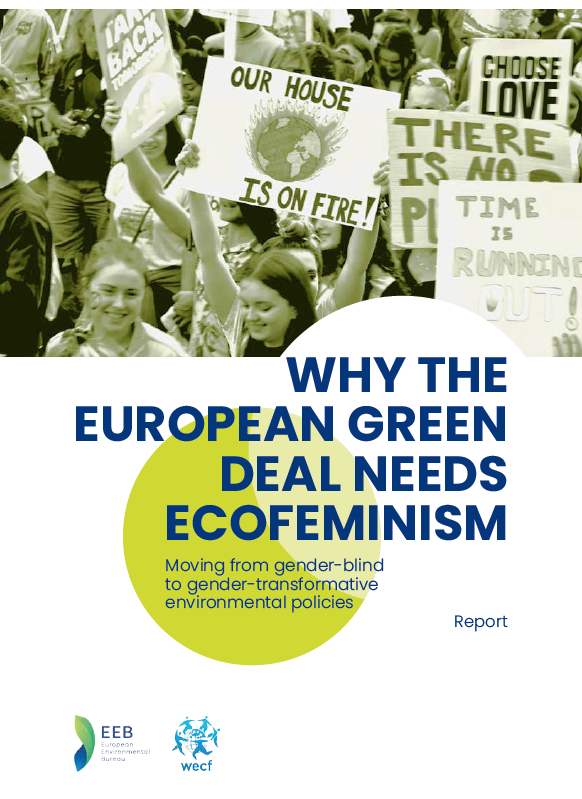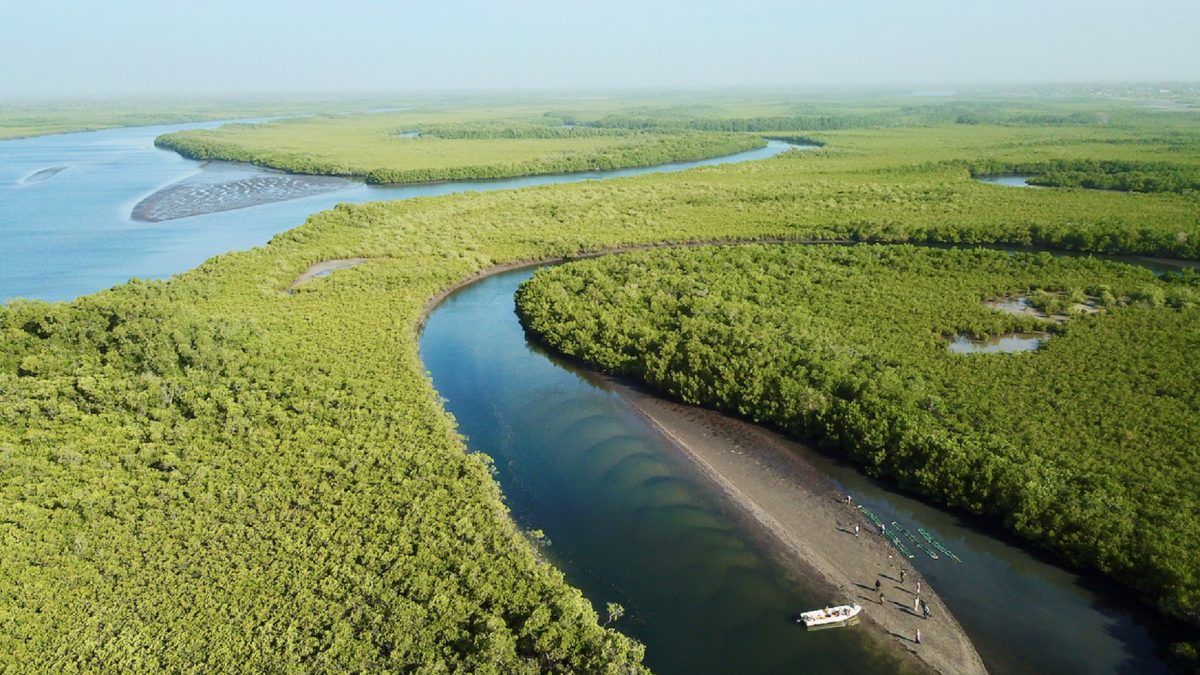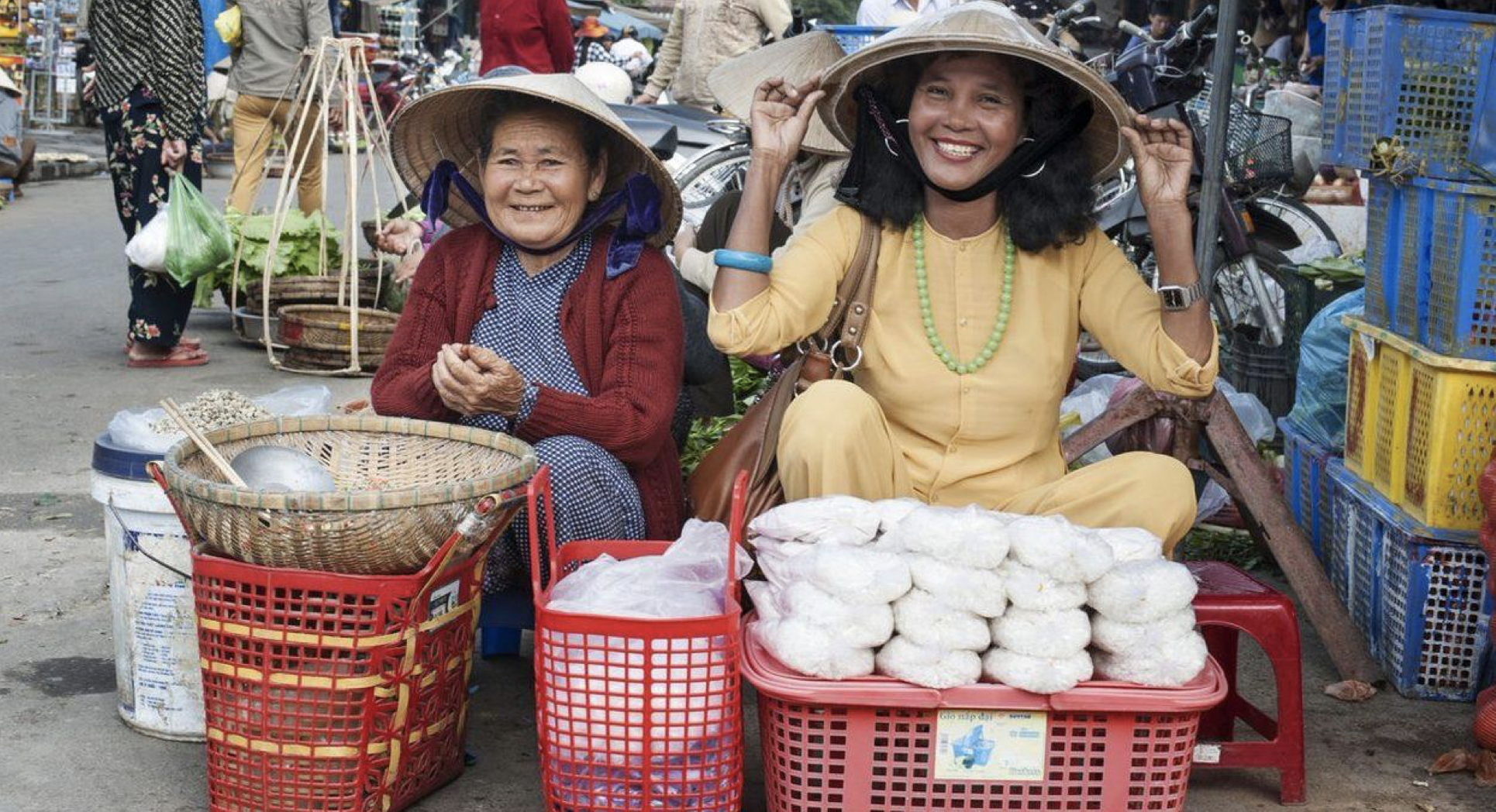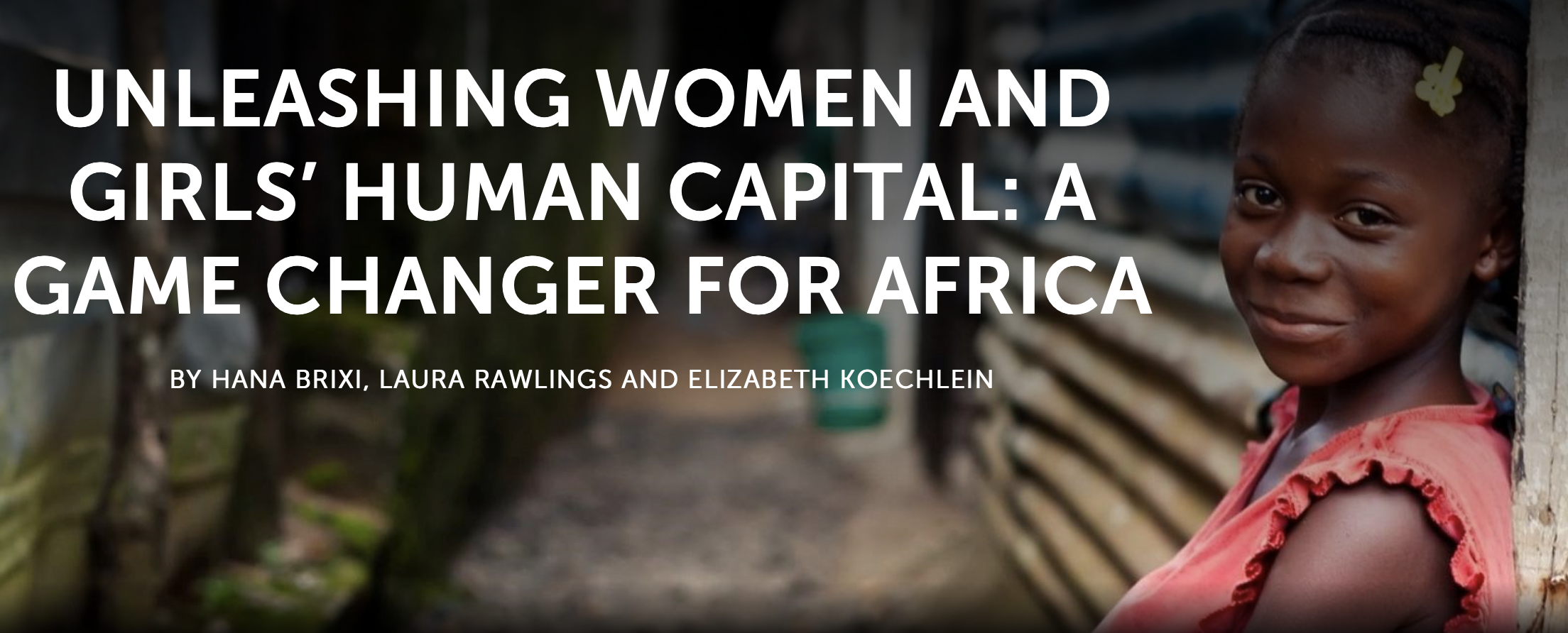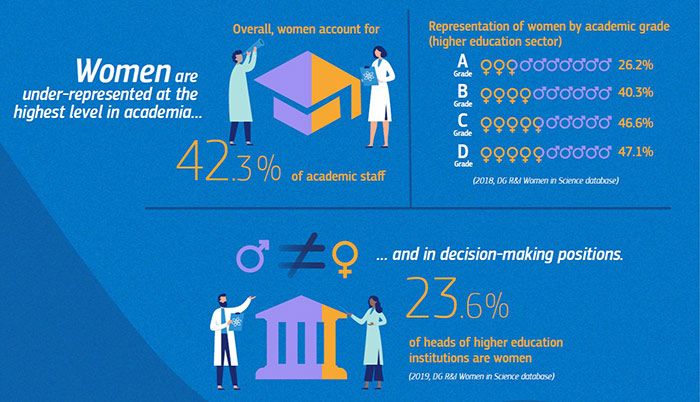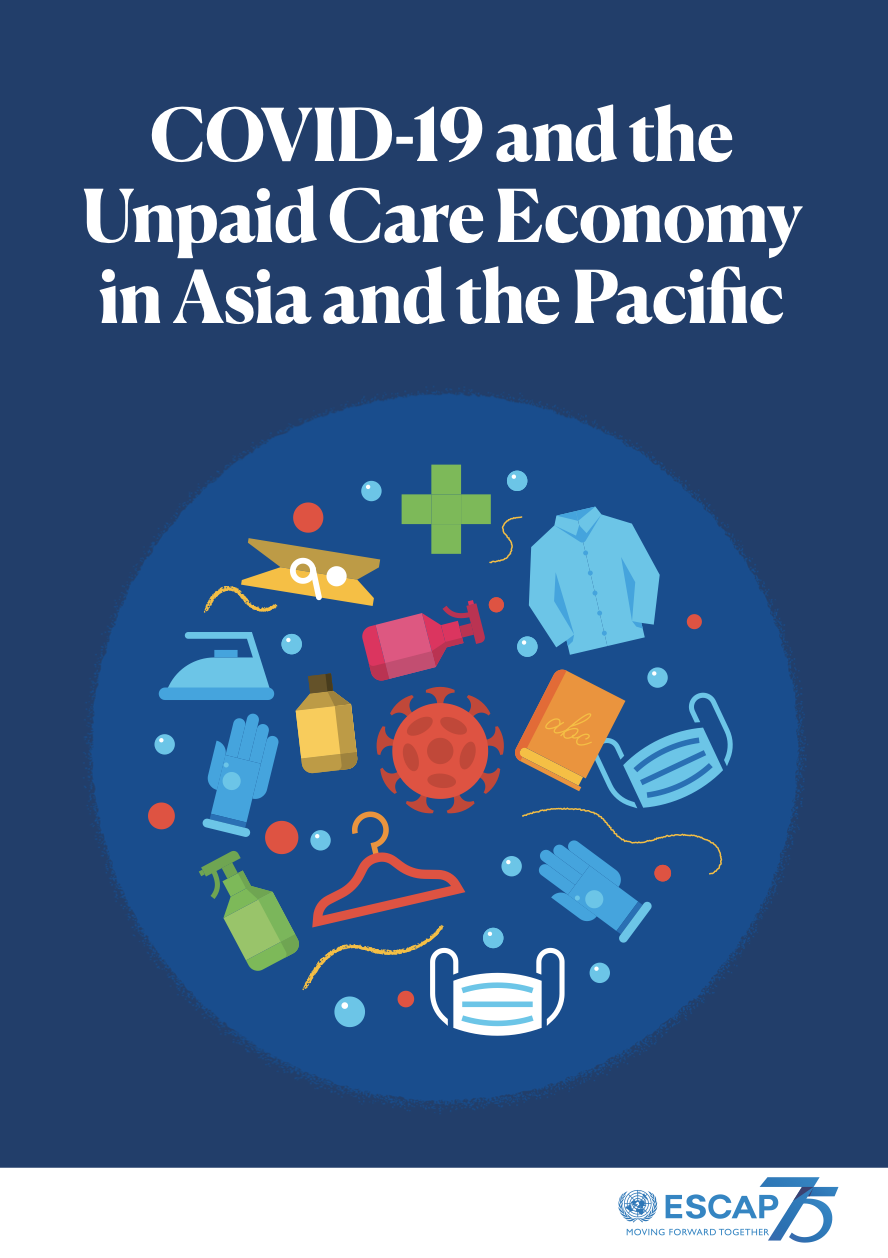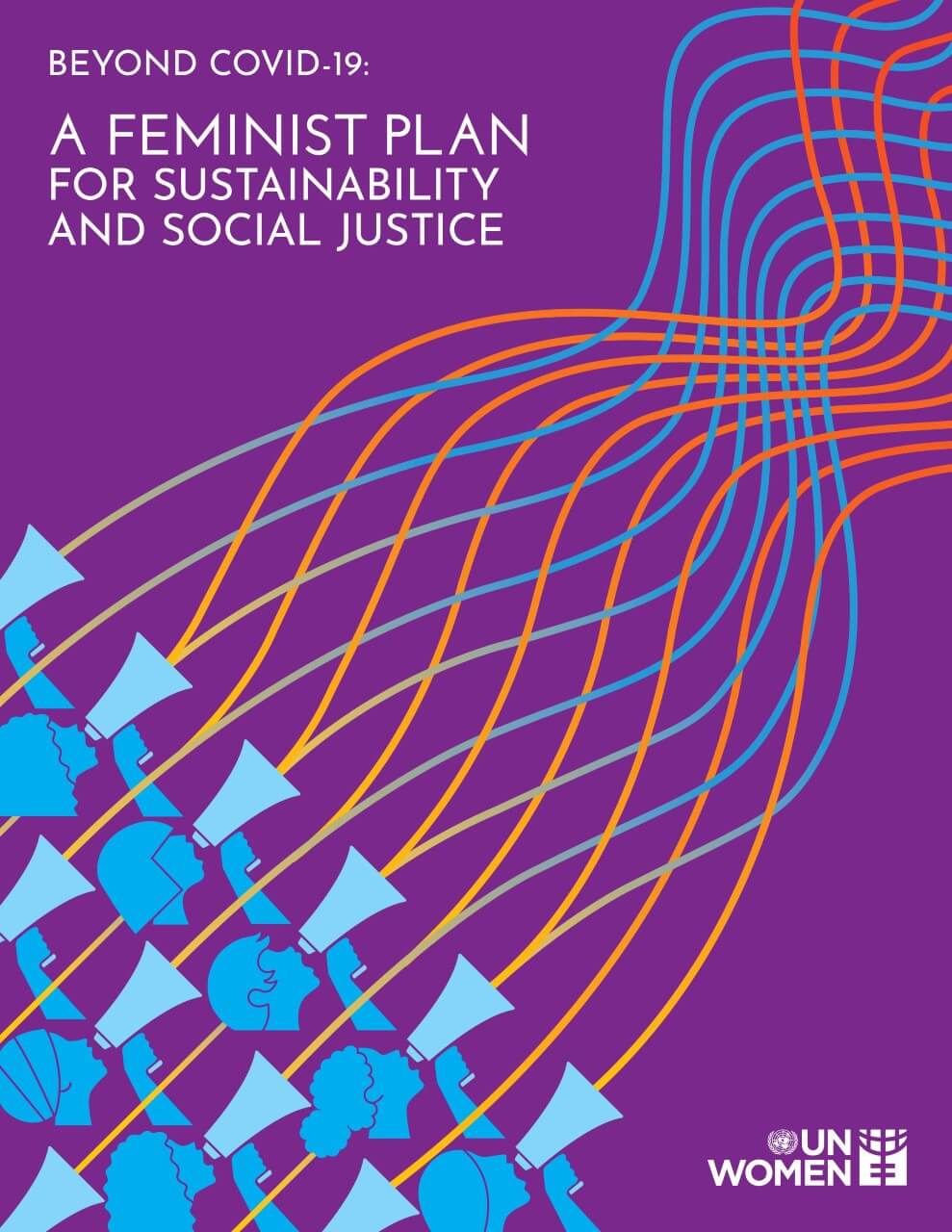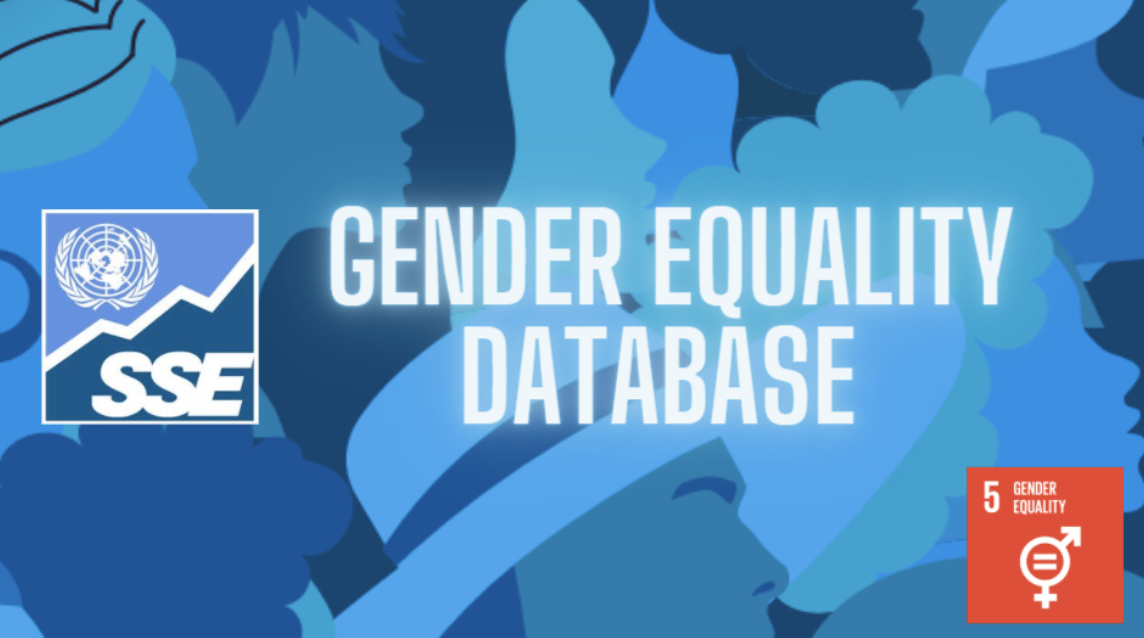Gender
Public - visible to all visitors to the platform.
Open to join - users can join this group without approval.
About this Discussion
Women play a critical role in sustaining communities and managing natural resources, but their contributions are often undervalued and neglected. Women are also more likely than men to live in poverty, and they are more vulnerable to the impacts of climate change and other environmental hazards, especially in developing countries. Because women tend to be more vulnerable to the impacts of natural resource degradation than men, environmental protection and green policies can help improve gender equality, with many economic and social co-benefits.
Numerous studies indicate that improving gender equality and women’s participation in the workforce can have a positive impact on economic growth. It can also enhance productivity, improve development outcomes for future generations, and increase the quality of societal policies and institutions, including more representative decision-making.
Achieving gender equality is so important that it is one of the 17 UN Sustainable Development Goals, which aims to redress the disproportionate impact on women and girls of economic, social and environmental shocks and views women as central actors, recognizing that their knowledge and collective action can improve resource productivity and encourage the sustainable use of natural resources.
Upcoming Events
Informative message
Gender
Created a Post in Gender, Green Recovery from COVID-19
Created a Post in Climate Change, Gender
Created a Post in Climate Change, Gender
Created a Post in Gender
Created a Post in Green Recovery from COVID-19, Climate Change, Gender
Created a Post in Climate Change, Gender
Created a Post in Climate Change, Gender
